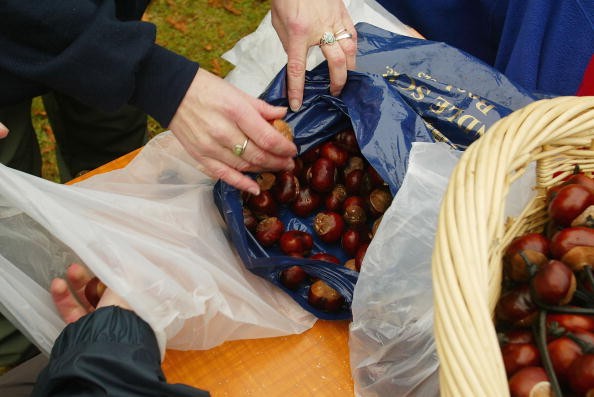
Milk Thistle
What Science Says
Previous laboratory studies suggested that milk thistle may benefit the liver by protecting and promoting the growth of liver cells, fighting oxidation (a chemical process that can damage cells), and inhibiting inflammation. However, results from small clinical trials of milk thistle for liver diseases have been mixed, and two rigorously designed studies found no benefit.
- A 2012 clinical trial, cofunded by NCCAM and the National Institute of Diabetes and Digestive and Kidney Diseases, showed that two higher-than-usual doses of silymarin were no better than placebo for chronic hepatitis C in people who had not responded to standard antiviral treatment.
- The 2008 Hepatitis C Antiviral Long-Term Treatment Against Cirrhosis (HALT-C) study, sponsored by the National Institutes of Health (NIH), found that hepatitis C patients who used silymarin had fewer and milder symptoms of liver disease and somewhat better quality of life but no change in virus activity or liver inflammation.
Side Effects and Cautions
- In clinical trials, milk thistle appears to be well tolerated in recommended doses. Occasionally, people report various gastrointestinal side effects.
- Milk thistle can produce allergic reactions, which tend to be more common among people who are allergic to plants in the same family (for example, ragweed, chrysanthemum, marigold, and daisy).
- Milk thistle may lower blood sugar levels. People with diabetes or hypoglycemia, or people taking drugs or supplements that affect blood sugar levels, should use caution.
Horse Chestnut
What Science Says
- Studies have found that horse chestnut seed extract is beneficial in treating chronic venous insufficiency. There is also preliminary evidence that horse chestnut seed extract may be as effective as wearing compression stockings.
- There is not enough scientific evidence to support the use of horse chestnut seed, leaf, or bark for any other conditions.
Side Effects and Cautions
- Do not use raw or unprocessed horse chestnut seeds, leaves, bark, or flowers. They contain esculin, which is poisonous.
- When properly processed, horse chestnut seed extract contains little or no esculin and is considered generally safe when used for short periods of time. However, the extract can cause some side effects, including itching, nausea, or gastrointestinal upset.
From NCCAM.NIH.gov

